In memory of unnamed war heroes
By Dong Fangyu in Beijing and Liu Ce in Shenyang ( China Daily ) Updated: 2013-12-30 08:04:27Portraits and prose
In July, Shi Rongfeng, who graduated from the China Central Academy of Fine Arts in 2011, began interviewing veterans from northeastern China. So far, the 27-year-old has visited 18 former combatants and painted their portraits.
"People usually pay more attention to the War of Resistance against Japanese Aggression (1937-45) than the Korean War. It seems that society is gradually forgetting about the veterans of the Korean War, and that makes them very sad," he said.
He hopes that the repatriation of the remains will attract greater attention to the veterans, because they are "living memorials".
"Visiting those old soldiers is an urgent task, because they are now very old men. If we don't listen to them, their heroic stories will gradually be forgotten with the passage of time," he said.
Shi quit his job in Beijing, and began traveling to meet veterans and collect their stories. He wants to record history with his paintbrush and learn more about the conditions the men endured.
"I was deeply touched by them. Their stories stirred my patriotism. They devoted their lives to serving the country bravely and honorably. Many of their comrades died, but many survived, albeit carrying injuries and disabilities sustained in the fighting. They don't regret the part they played, though - their patriotism is unswerving."
However, Shi's initial excitement has gradually turned to dismay. During his visits to Dandong, Shi asked the local civil affairs bureau, newspapers and communities to provide him with a list of names and addresses of surviving veterans, but his approaches were rebuffed. "They preferred to give the information to an official organization rather than an individual," he said.
In the face of indifference and bureaucracy, he adopted a new approach - every time he visits a veteran he asks for names and addresses of their former colleagues and then visits them.
But the more veterans he visited, the more worried he became. "Most of them are not treated with the respect that should be given to heroes, and their living conditions are not good."
Although many veterans are still troubled by the injuries and disabilities they sustained in combat, their army pensions are so low that they struggle to pay their medical bills. In addition to their war wounds, they also have ailments that commonly afflict the elderly, and those without well-off children are often reduced to poverty.
Shi said he plans to complete his visits to the veterans in six months or so. After that, he'll begin work on a book.
"I will write down all my experiences and thoughts in an album that will also include the soldiers' portraits and stories. I want to encourage people to join me and help draw attention to these forgotten heroes so their lives will be improved and they'll finally gain the respect they deserve."
Contact the authors atdongfangyu@chinadaily.com.cn and liuce@chinadaily.com.cn
|
|
|
|
|
|
|
|
|
|
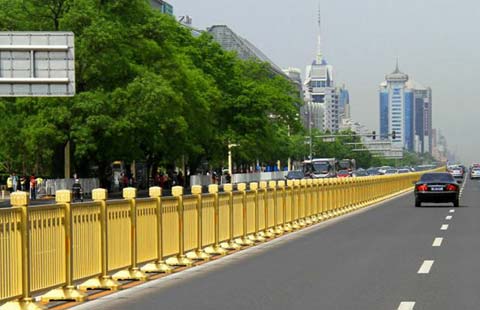
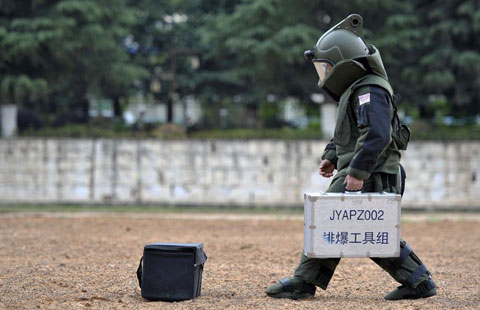
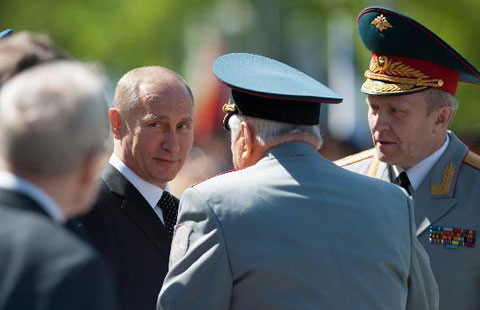
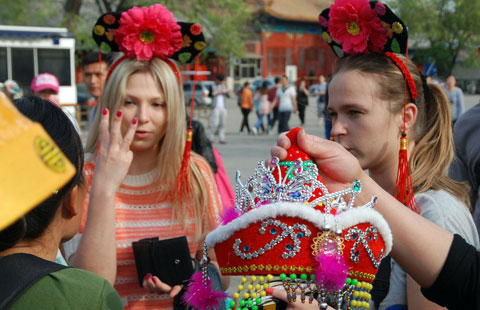

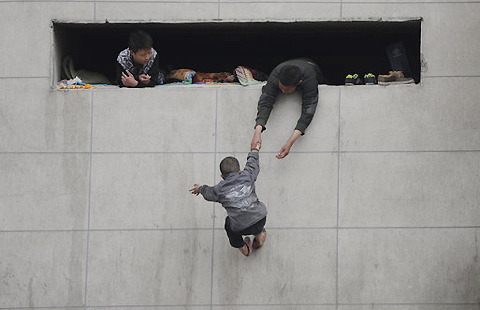
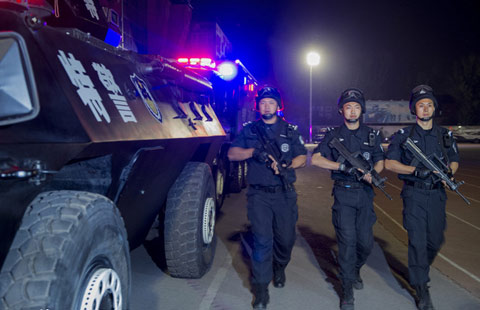



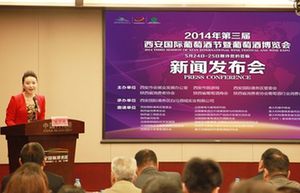
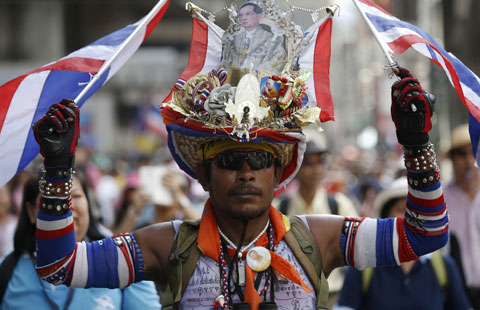
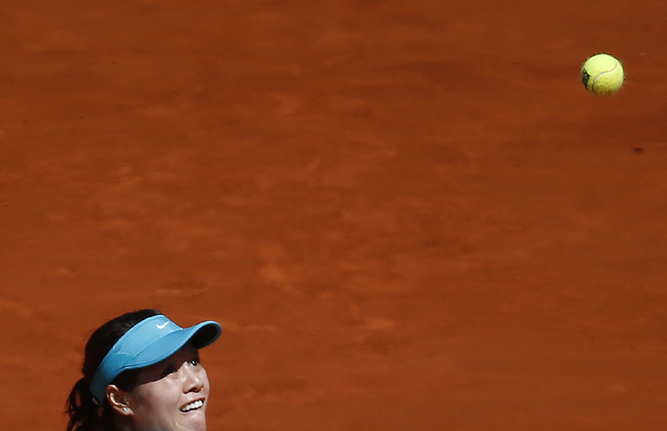





 Op Rana
Op Rana Berlin Fang
Berlin Fang Zhu Yuan
Zhu Yuan Huang Xiangyang
Huang Xiangyang Chen Weihua
Chen Weihua Liu Shinan
Liu Shinan